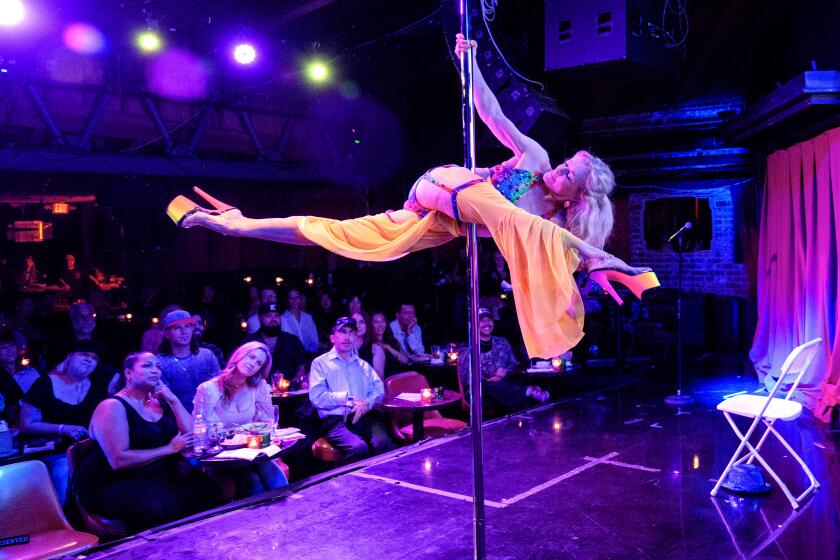A special kind of storytelling returns
“Since the first Column One appeared many thousands of days ago, it’s become the newspaper’s showcase and showplace — for readers, a brisk daily plunge into the engrossing and unconventional, and for writers, an opportunity to unshackle their talents from confining notions of what a newspaper story is and isn’t.”
That’s how Los Angeles Times columnist Patt Morrison summed it up in the foreword to a 2003 collection of Column Ones. The definition of Column One — so named because it started on the far left or first column on the front page — has always been purposefully slippery: “There was no foolproof recipe for writing a Column One,” as Morrison put it in her foreword, “but, like Supreme Court Justice Potter Stewart’s definition of porn, editors knew one when they saw one: original in subject, engaging in writing, perhaps a slightly canted take on a familiar topic.”
After a hiatus, Column One is back. It aims to deliver the vivid storytelling that had made it a distinguishing feature of The Times since its debut in September 1968. So what can readers expect? Artful writing, on subjects that pull readers in. As Morrison noted, one key is “storyteller prose with substance at its heart.”
In its digital incarnation, Column One will employ the entire storytelling arsenal of our newsroom: video, photography, graphics, illustrations, audio — whatever is needed to tell a story in the most compelling way.
There will be narratives of the famous and the unknown. Profiles, history pieces, slices of life. Stories to make you laugh, reflect or perhaps shed a tear.
This week, we begin with the tale of a California doctor who travels to perform abortions in another state, staying just a few days for fear of her safety. Another Column One coming up shows Navajo shepherds struggling against severe drought. We will also share the story of a rape survivor who bravely recounts her ordeal before hushed college audiences. Then there will be the largely unknown story of how a Pasadena society matron helped create Joshua Tree National Park. Join us each week for the latest installment of Column One, and let us know what you think.
Steve Padilla, who joined the Los Angeles Times in 1987, is the editor of Column One.
More to Read
Sign up for Essential California
The most important California stories and recommendations in your inbox every morning.
You may occasionally receive promotional content from the Los Angeles Times.










